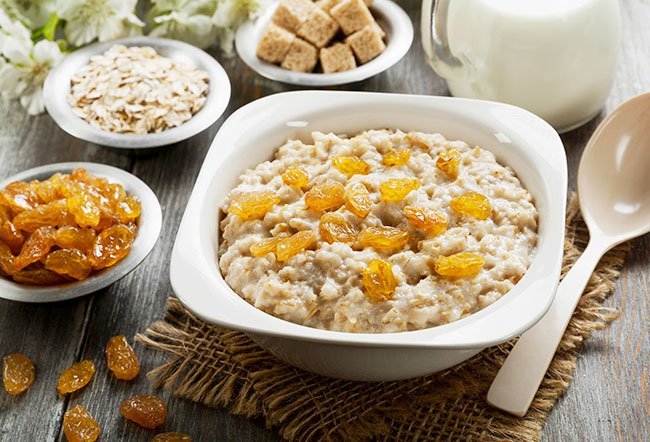Educational Content: This article is for informational purposes only and does not constitute medical advice. Always consult a healthcare provider for diagnosis and treatment.
What Are the Benefits of Eating Raisins?
Medically reviewed by Min Clinic Staff | Updated: January 2026
What are raisins?

Raisins are dried grapes that belong to the dry fruit category. Grapes are dried either in the sun or driers to make raisins. The process turns grapes into golden, green, red, or black dried fruit. The natural sweetness of raisins makes them a wonderful ingredient to add to desserts.
Being a nutrient-dense food and minimally processed, raisins can be an excellent healthy option for you.
What nutrition do raisins provide?
A half-cup of raisins can provide 216 calories.
| Nutrition | Contain |
| Protein | 2 g |
| Fat | 0 g |
| Carbohydrate | 58 g |
| Fiber | 2 g |
| Sugar | 42 g |
Raisins are also a good source of
